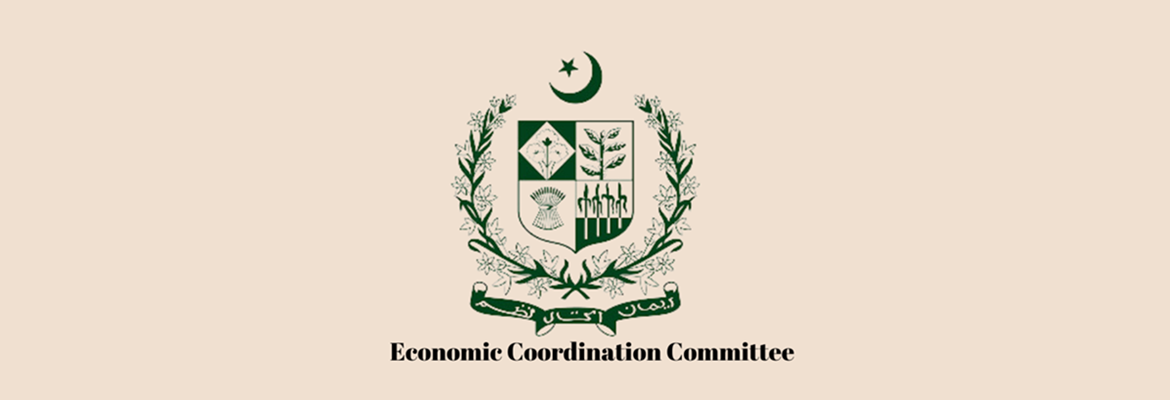Islamabad: The Economic Coordination Committee (ECC) of the cabinet on Tuesday approved the export of minerals from the Reko Diq project through the Pakistan International Bulk Terminal at Port Qasim. The approval comes after earlier deliberations and consultations with the Attorney General, which had deferred the decision in a previous meeting.
In addition to the export approval, the ECC sanctioned the winding up of the Pakistan Agriculture Storage and Services Corporation Limited (Passco). To manage Passco’s liabilities of Rs527.66 billion, the committee approved the establishment of a special purpose vehicle (SPV), which will be serviced through annual budgetary allocations over a period of five to seven years. The closure follows an assessment of wheat stock receivables and liabilities, with an estimated remaining balance of Rs121 billion to be settled before the final winding-up.
Read: Govt to transform Port Qasim into key trade, industrial hub
The ECC also approved a Technical Supplementary Grant (TSG) of Rs50 billion for the fencing of the Pak-Iran border, along with additional allocations for lighting and allowances in the area. Another TSG of Rs100.3 million was approved for the maintenance of defence equipment, and Rs841.56 million for border control and law enforcement operations by the Federal Civil Armed Forces. The Defence Division also received Rs50 billion for approved projects of the Defence Services.
On the energy front, the ECC considered proposals from the Petroleum Division to extend licence periods and assign working interests for offshore oil and gas exploration. The committee approved the assignment of participating interests in the Eastern Offshore Block-C, allowing Turkish Petroleum Overseas Company (TPOC) to hold 25 percent, Pakistan Petroleum Limited (PPL) 35 percent, Mari Energies Limited 20 percent, and Oil & Gas Development Company Limited (OGDCL) 20 percent.
The ECC meeting was chaired by Finance Minister Muhammad Aurangzeb and covered a wide range of issues related to national security, defence, food security, and petroleum sector reforms.






